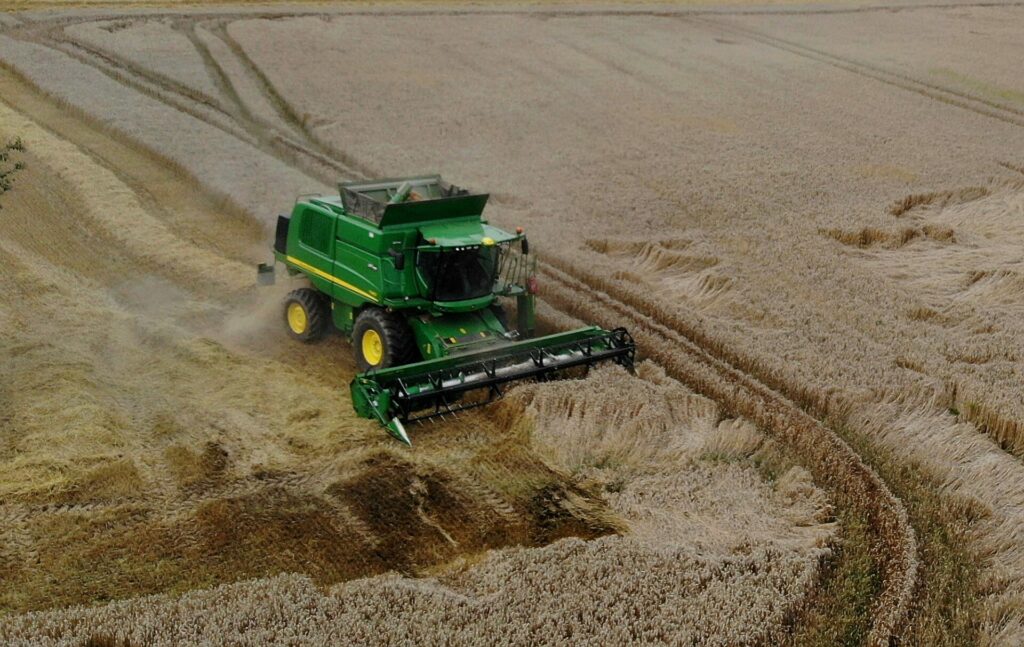The European Commission has reprimanded Flanders for its agricultural policy, particularly questioning the region’s handling of livestock emissions and approach to air and water quality.
As part of the European Union’s reform of the common agricultural policy (CAP), all Member States were required to submit their sustainable agriculture plans to the European Commission. At the time, Belgium missed the deadline to submit its strategic plan.
Meanwhile, the submission from the Flanders government did not please European authorities, which wrote it a strongly worded letter of criticism, according to reports from De Standaard.
The letter doubted the region’s commitment to environmental protection, climate action, and biodiversity, demanding stronger reforms.
Following the decision by the EU to make significant adjustments to the original CAP from the 1960s, Flanders risks being cut off from CAP subsidies, which amount to €229 million per year of income support for farmers and €43 million euros for rural development.
Related News
- Belgian fishing industry grows slightly in 2021
- 'Concern to everyone': Dramatic drop in tomatoes grown in Flanders
Flanders will need to revise its plans and file them by the end of the year to stay in contention for European funding.
'Greener' policy
First established in 1962, the CAP is intended to help protect the European food supply, safeguard incomes, and maintain the rural economy of the EU. However, it is not without its critics, who say that the policy is wasteful and ignores market dynamics in European agriculture.
Recent "green" reforms to the CAP, which will cost €387 billion over the next seven years, were extremely unpopular in the European Parliament.
The new CAP agreement does not allow for “backsliding” on climate action plans and includes enhanced “conditionality” towards receiving funding. The new CAP agreements will come into force in 2023, and are aimed at contributing to Green Deal targets.
Incentives under the plans include direct allocations to eco-schemes, rural investment funds, operational programmes, and subsidies for protecting biodiversity.
In May, the Belgian Federal Government asked to be excluded from several of the CAP’s rules regarding paying bonuses towards environmental goals due to severe drought in the country.

